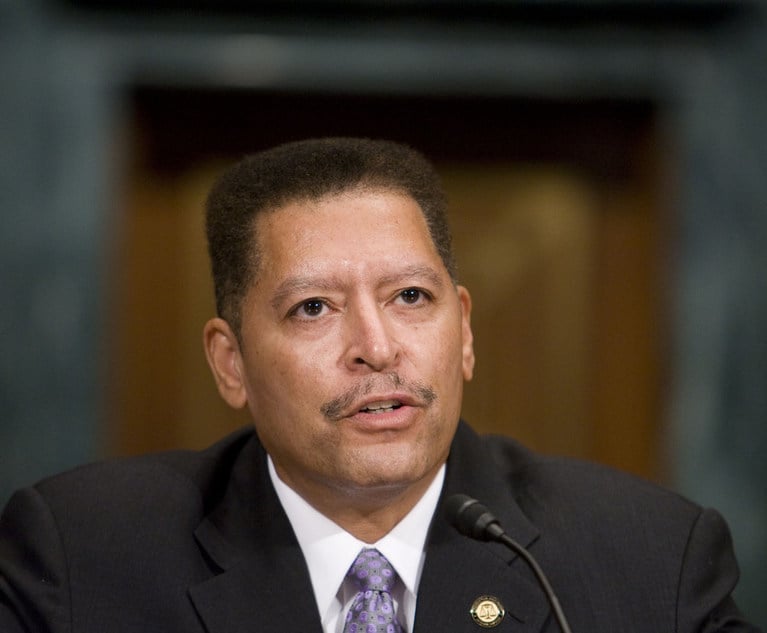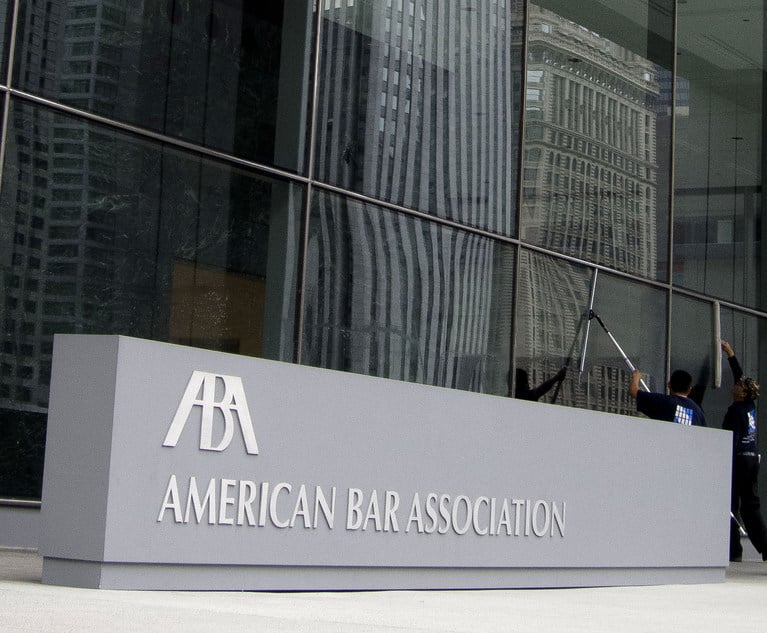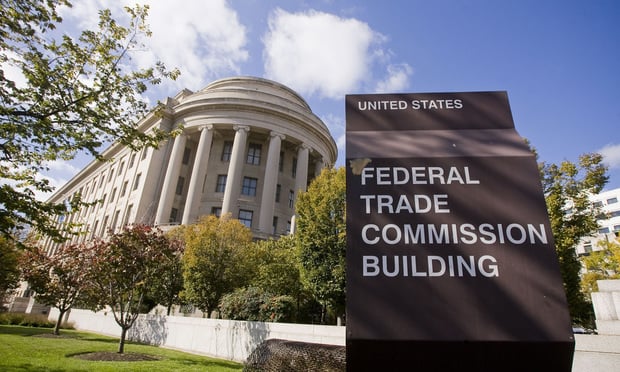Appellate Judge James Wynn critiqued the U.S. Supreme Court’s 2019 ruling that overturned his own opinion on partisan gerrymandering, calling the majority’s decision a “stark example of judicial activism.”
During an event held by Duke University’s Polis: Center for Politics on Tuesday, Wynn outlined why he believes the majority’s decision in Rucho v. Common Cause—which held that federal courts cannot handle partisan gerrymandering claims, when legislators draw electoral districts to benefit their party’s power—falls under judicial activism. He defined judicial activism as when judges avoid certain decisional tools normally used to adjudicate the case at hand.

 Judge James Wynn, during his confirmation hearing to become U.S. circuit judge for the Fourth Circuit. December 16, 2009. Photo by Diego M. Radzinschi/ALM.
Judge James Wynn, during his confirmation hearing to become U.S. circuit judge for the Fourth Circuit. December 16, 2009. Photo by Diego M. Radzinschi/ALM.








